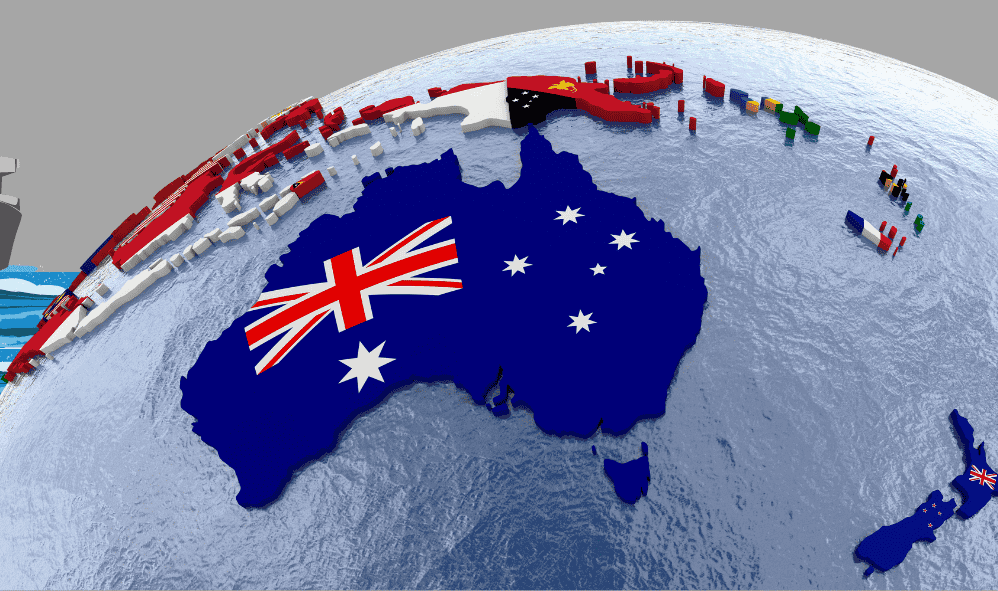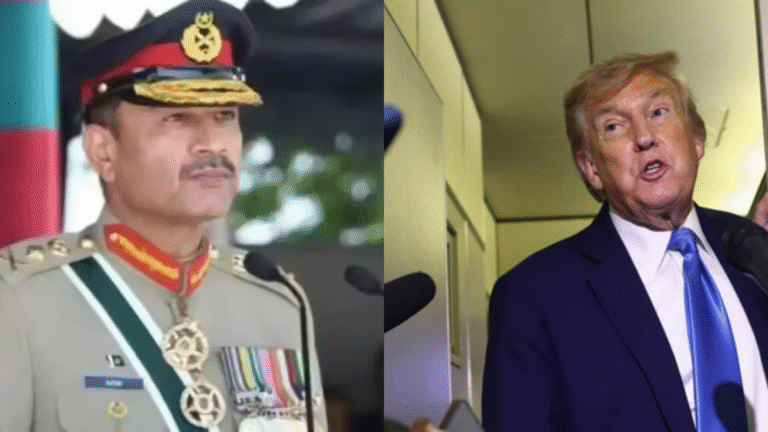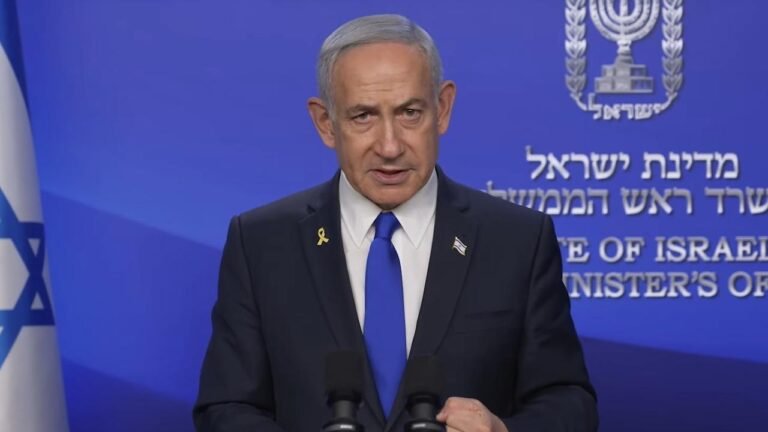
In a firm rejection of China’s proposal for a united front against the United States, Australia has made it clear that it will not align with Beijing in opposing the U.S. tariffs imposed by the administration of President Donald Trump. The move underscores Canberra’s commitment to national interests and a balanced foreign policy, as tensions escalate in the ongoing trade war between the U.S. and China.
The U.S. recently imposed a 10 percent import tax on Australian goods, while Chinese products have been hit with a significantly higher tariff of 125 percent. In response, China’s ambassador to Australia, Xiao Qian, urged Australia to join forces in resisting what he described as the U.S.’s “hegemonic and bullying behavior.” Xiao warned that unilateralism and protectionism from the U.S. are threatening global economic stability and called for joint efforts to defend a fair and open trading system.
However, Australian Prime Minister Anthony Albanese responded by asserting Australia’s independence in global affairs. “We will speak for ourselves,” he said, emphasizing that Australia’s decisions will be guided solely by its national interests. Defence Minister Richard Marles echoed this sentiment, stating plainly, “We’re not about to make common cause with China… We don’t want to see a trade war between America and China, to be clear, but our focus is on diversifying our trade.”
Despite expressing frustration over the new U.S. tariffs, Australia has opted not to retaliate. Instead, it is pursuing diplomatic negotiations with Washington in hopes of resolving the issue. Meanwhile, the Albanese government is actively seeking to reduce its economic reliance on the U.S. and China by expanding trade ties with other countries.
“Around 80 percent of global trade does not involve the United States. There are opportunities for Australia and we intend to seize them,” said Albanese. As part of this effort, Australian Trade Minister Don Farrell has held recent talks with officials from India, Japan, Singapore, South Korea, and the United Arab Emirates.
Australia’s strategy reflects a broader push to strengthen its economic resilience by diversifying export markets and building stronger ties with Indo-Pacific and global partners, steering a middle course in the increasingly polarized global trade environment.




